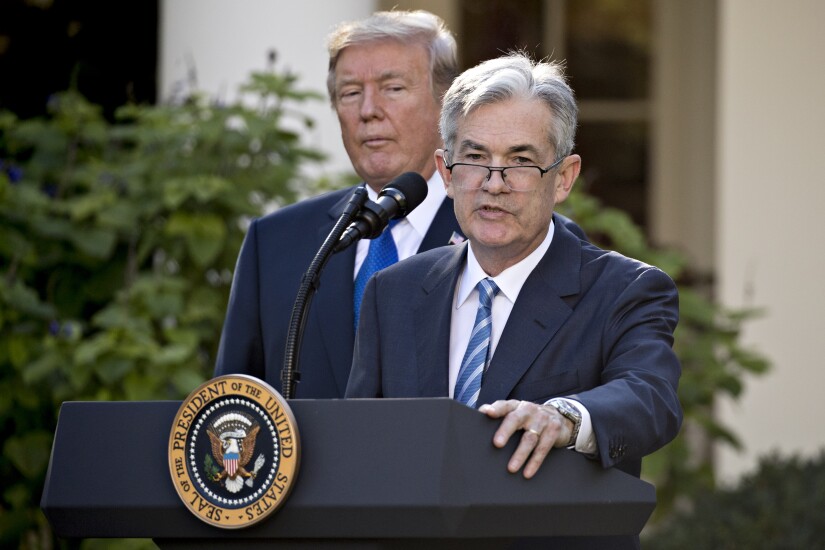

On an argument that blockchain is less useful than its boosters believe, in part because people don't want to pay with cryptocurrencies like bitcoin:
Related:

On news that the White House will have to resubmit nominations for heads of the Fed, FDIC and others:
Related:

On calls to make sure Equifax stays in business despite its massive data breach:
Related:

On the Trump administration’s consideration of J. Mark McWatters to lead the CFPB, which is stoking fears among bankers:
Related:

Another reader weighs in on the possibility of McWatters, chairman of the National Credit Union Administration, heading the CFPB:
Related:

On whether the Senate's bipartisan regulatory relief bill can remain focused on community banks to maintain its broad backing:
Related:

On the possibility of using blockchain in real estate:
Related:

On banks using behavioral economics to woo new customers:
Related:

On an argument that the Dodd-Frank Act is likely to remain largely in place, despite promises by President Trump to wipe it out:
Related:





